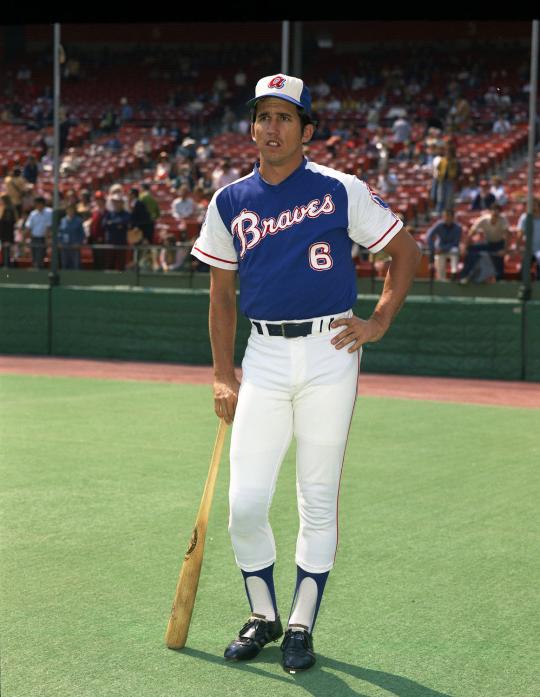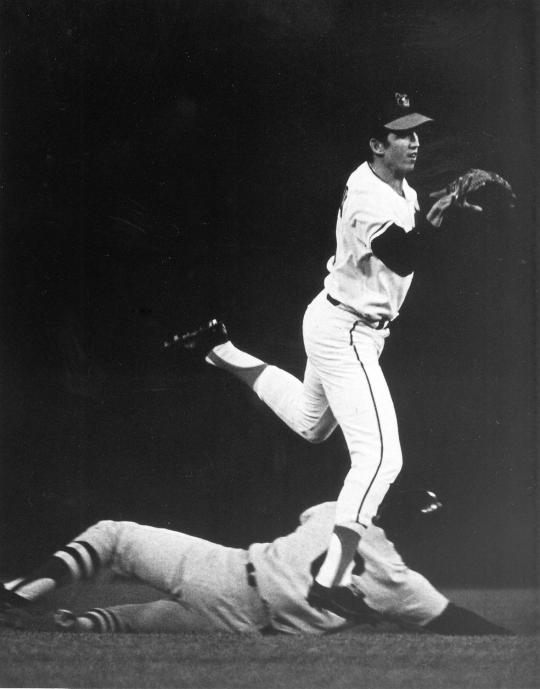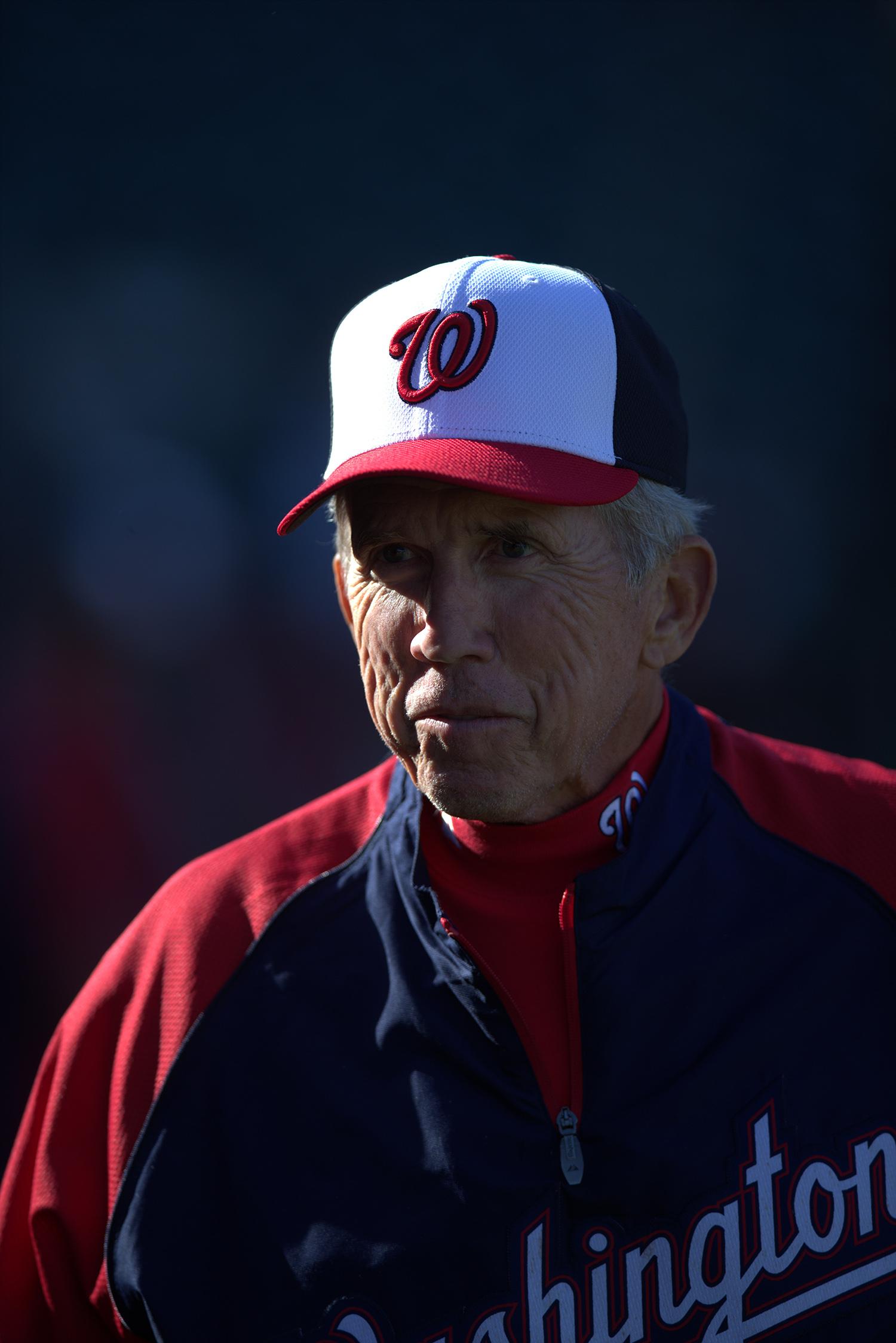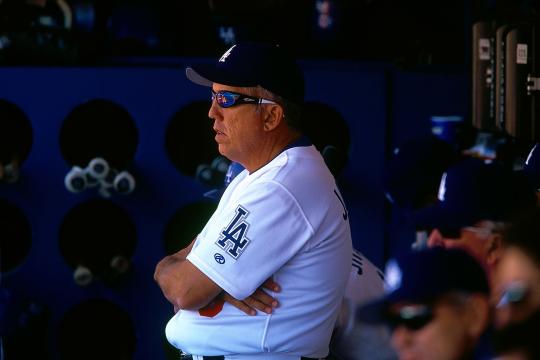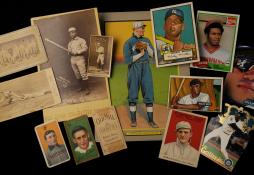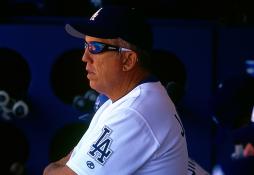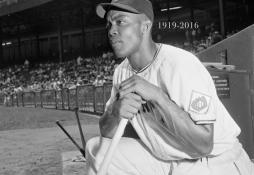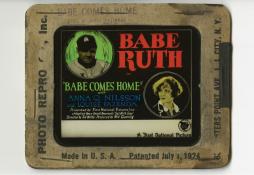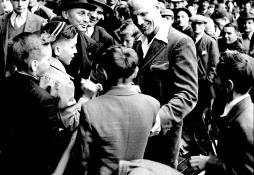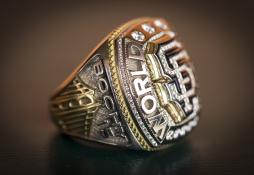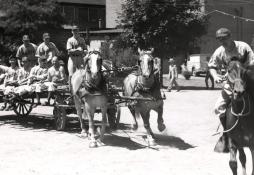He plays it hard and he plays it right. That’s the type of manager you want.
- Home
- Our Stories
- Davey Johnson’s managerial skills lead him to Cooperstown’s doorstep
Davey Johnson’s managerial skills lead him to Cooperstown’s doorstep
Davey Johnson spent his adult life in baseball, first as a player most remembered for a surprising home run record, then as the second manager in big league history to take four franchises to the postseason.
His unique and successful career has led him to the brink of Cooperstown.
Johnson is one of 10 candidates on the Today’s Game Era Committee ballot this fall at the National Baseball Hall of Fame and Museum. The Today’s Game Era Committee will vote on Dec. 4 at baseball’s Winter Meetings in Washington, D.C.
The 10 candidates on the Today’s Game Era Committee ballot are: Harold Baines, Albert Belle, Will Clark, Orel Hershiser, Mark McGwire, Lou Piniella, John Schuerholz, Bud Selig, George Steinbrenner and Johnson. Any candidate who receives at least 75 percent of all ballots cast will be enshrined in the Hall of Fame on July 30 as part of the Class of 2017.
Bio
Born Jan. 30, 1943, Johnson lived on a number of military bases as child before the family settled in San Antonio, Texas. After attending Texas A&M, he signed with the Baltimore Orioles in 1962. A shortstop/second baseman in the minors, the 22-year-old Johnson made his big league debut with the O’s in 1965, ultimately playing only 20 games that season, but starting in 1966 began a seven-year run as the club’s starting second baseman.
“Nobody was tougher than Davey,” said Orioles teammate Elrod Hendricks. “He never hit a single that he didn’t think he was going to stretch into a double until the defense forced him to go back to first base. On the bench we’d say, ‘Oh, no, there he goes again.’ But he’d dive in headfirst and beat the tag.”
Foreshadowing his future as a manager, in 1969 it was reported that Johnson was taking an offseason course on computers at John Hopkins University, deriving formulae to find the Orioles’ best lineup.
“Actually, what I did was to recreate the 1968 season to determine the best batting order,” Johnson said. “I don’t know whether to tell (Orioles manager Earl) Weaver, but the sixth worst lineup was the one we used most of the time last season.”
After a successful run with Baltimore, where he was a three-time All-Star, two-time Gold Glove Award winner, and part of a team that captured four American League pennants and three World Series championships, Johnson was sent to Atlanta as part of a six-player trade on Nov. 30, 1972. It was during his first season with the Braves that he set a new single-season record for home runs by a second baseman with 43, having never hit more than 18 during his time with the Orioles.
“Everybody says Atlanta Stadium is a home run paradise,” said Johnson’s Braves teammate Hank Aaron during the 1973 season. “But this ain’t no paradise here. I’ve seen him hit ‘em a long way anywhere. He always hits the ball in the air, and that’s the secret of hitting home runs.”
In 1975, Johnson became the first non-Japanese player ever with the Tokyo Giants, connecting for a combined 39 home runs in his two seasons in Japan. Returning to the United States, he ended his playing career in 1978 campaign after two seasons as a part-timer with the Phillies and Cubs. Overall, his 13-year major league playing career featured a .261 batting average with 136 homers and 609 RBI.
But Johnson’s baseball career was not over. After three years managing in the minor leagues, he returned to the majors in 1984 as skipper of the Mets. After being victorious in 90 games his first season and 98 his second, Johnson’s Mets won a MLB-best 108 in 1986, a year in which his team would win a dramatic World Series over the Red Sox.
“My job,” said Johnson during the 1986 season, “is to extract greatness from my players. Two years ago, when I came here, I was less demanding. Last year, more demanding. This year, they’re even better, so I’m more demanding than ever. If they couldn’t play, I wouldn’t expect or exact anything. But they are capable of greatness.”
Mets general manager Frank Cashen, who hired Johnson, said of his manager in 1986: “Davey makes moves in a game that are so good they are absolutely eerie. Other managers are thinking of the moves they’ll make this inning, Davey is thinking of the moves he’ll make three innings from now. He’s like Earl Weaver: He’s a manager for all seasons and situations. If he’s eight games in front, he plays it one way. If he’s eight games back, he plays it another way. He adjusts. He has a sense of the moment.”
Johnson would last four more seasons with the Mets, which included 100 wins and a NLCS appearance in 1988.
“I’ve never thought I was smart,” said Johnson. “But I love to figure out problems. Through my stubbornness and relentlessness, I get to the end.”
Over an eight-year stretch beginning in 1993, Johnson would serve as manager of the Reds (1993-95), Orioles (1996-97) and Dodgers (1999-2000). His 1995 Reds, and 1996 and ’97 Orioles all made it to the LCS. After skippering Team USA in the 2009 World Baseball Classic, he returned to the big leagues in 2011 for a three-year stint as manager of the Nationals, leading the 2012 squad to 98 wins and its first-ever postseason berth since the franchise left Montreal following the 2004 season.
“I like math because I always liked solving problems,” said Johnson, who has a degree in mathematics from Trinity University in Texas, in 2012. “I tell these guys, ‘Come to me. The guy next to you can’t solve your problems. I’m the problem solver in this group.’ That’s basically what you do in this job. You try to keep the problems to a minimum.”
“If you come out here and you play hard and really work your tail off, he’s going to like that,” said Nationals star outfielder Bryce Harper in 2012. “He plays it hard and he plays it right. That’s the type of manager you want.”
Only the second manager in big league history, along with Billy Martin, to take four franchise to the postseason, Johnson fashioned a 17-year career as a big league skipper which ended with a 1,372-1,071 won-loss record. His .562 winning percentage ranks 12th all-time among managers with at least 10 years of service.
Johnson, who was named NL Manager of the Year with the Nationals in 2012 and AL Manager of the Year with the Orioles in 1997, has a postseason resume that includes five postseason series wins (1986 World Series, 1986 NLCS, 1995 NLDS, 1996 and 1997 ALDS), five series losses (1988 NLCS, 1995 NLDS, 1996-97 ALCS, 2012 NLDS) and a 25-26 overall October record.
Bill Francis is a Library Associate at the National Baseball Hall of Fame and Museum
More 2017 Today's Game Era Candidate Bios
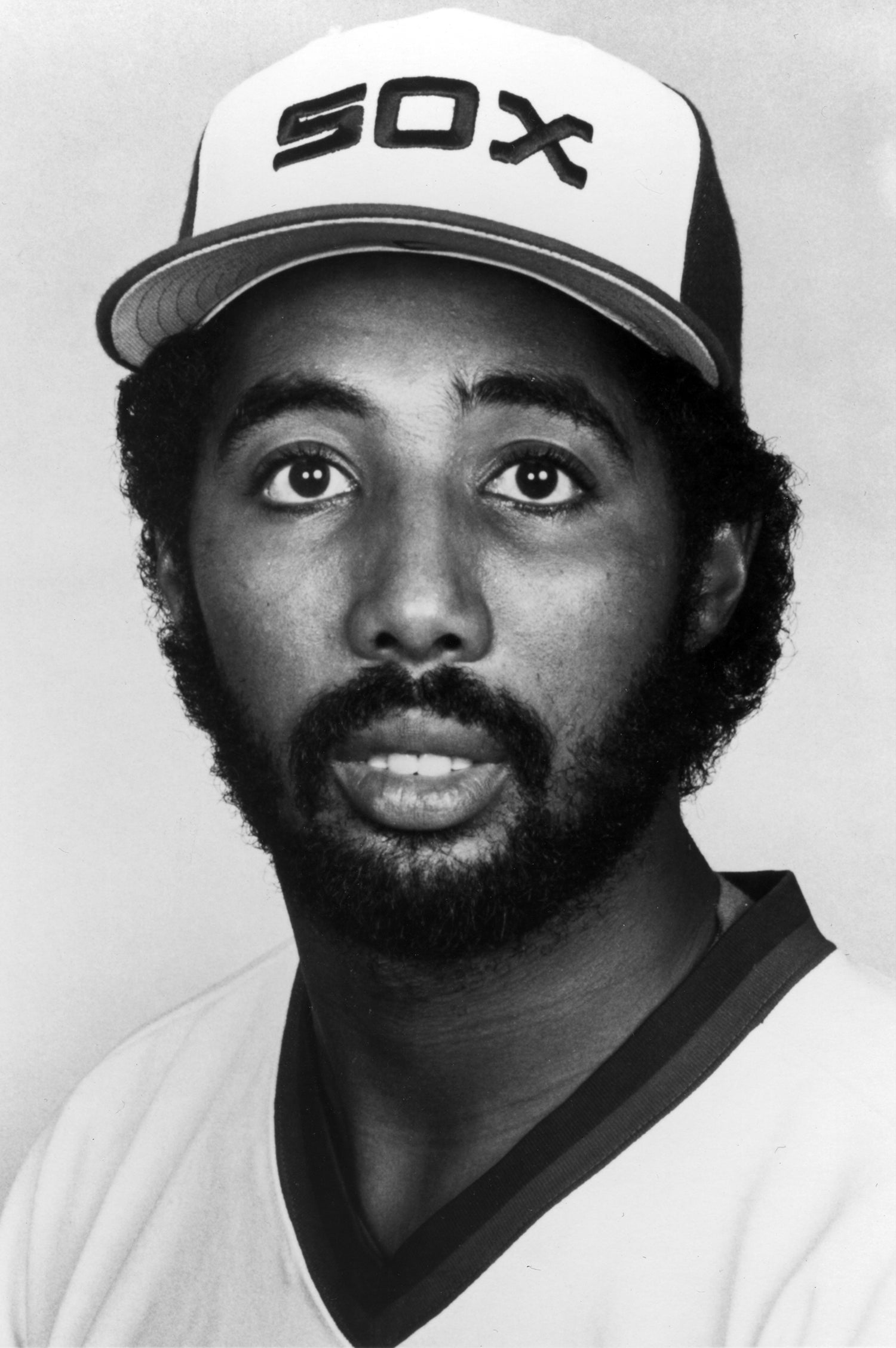
Harold Baines debuts on Today’s Game Era ballot
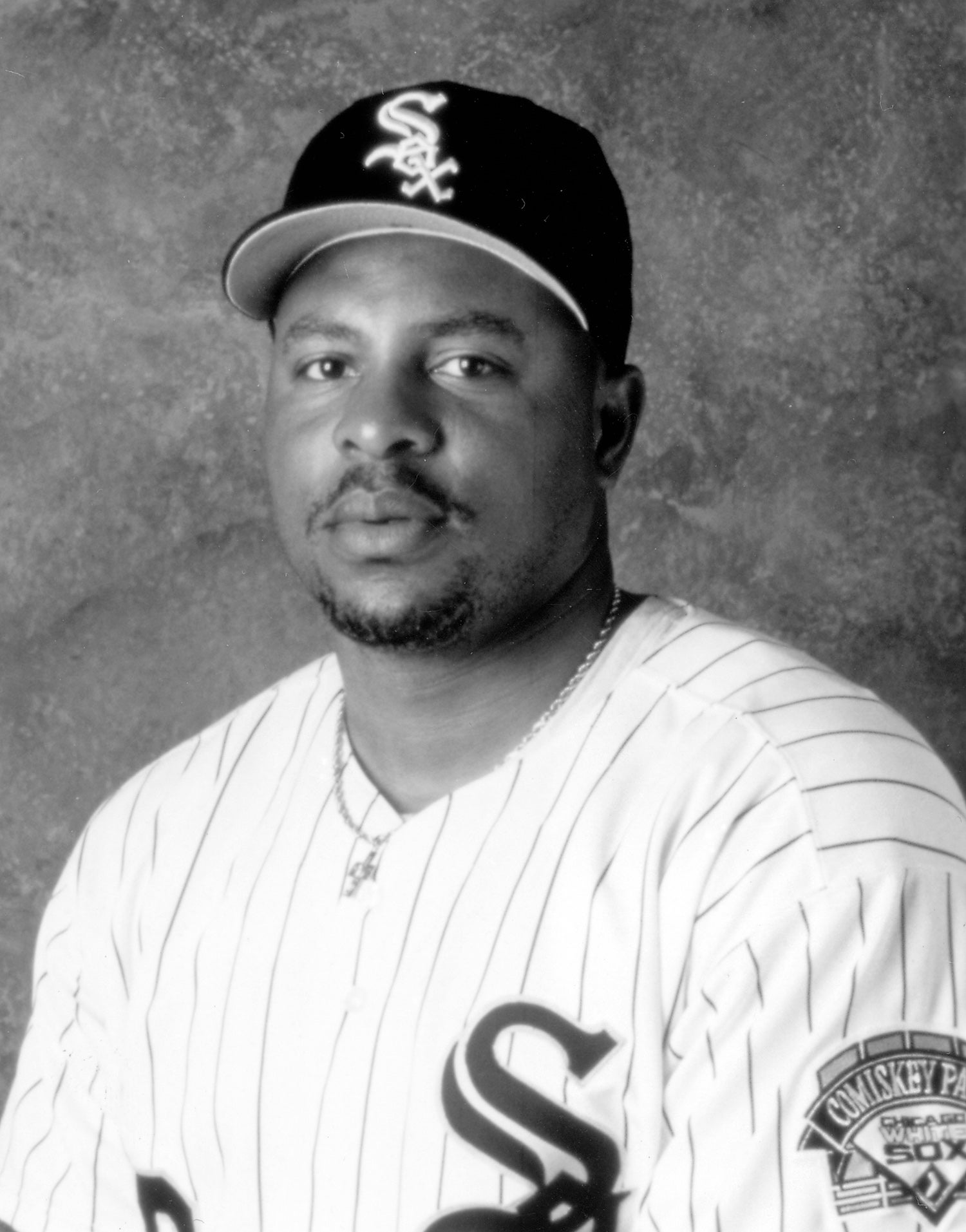
Albert Belle’s numbers earn him a place on Today’s Game Era ballot
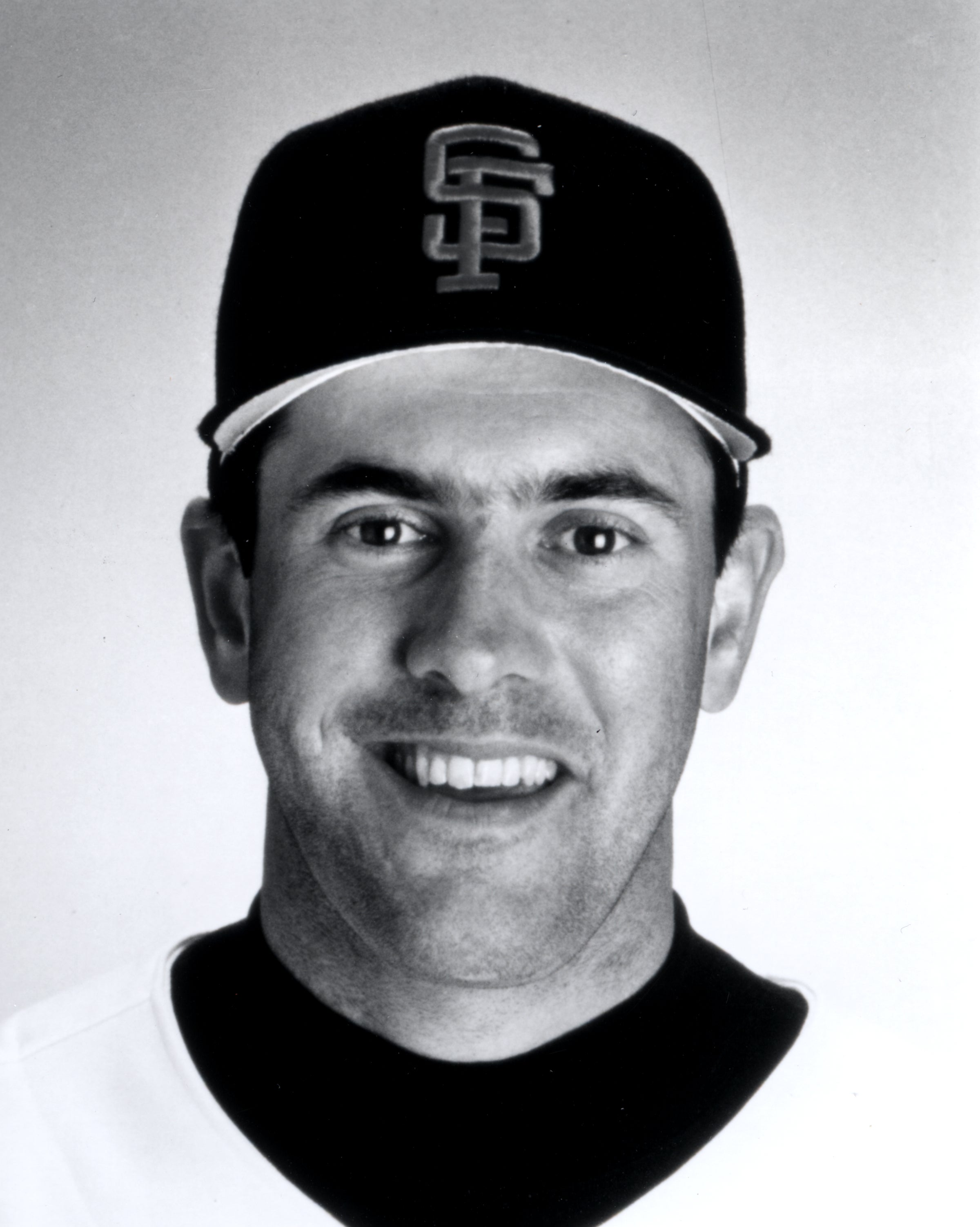
Thrill of Success: Will Clark debuts on Today’s Game ballot
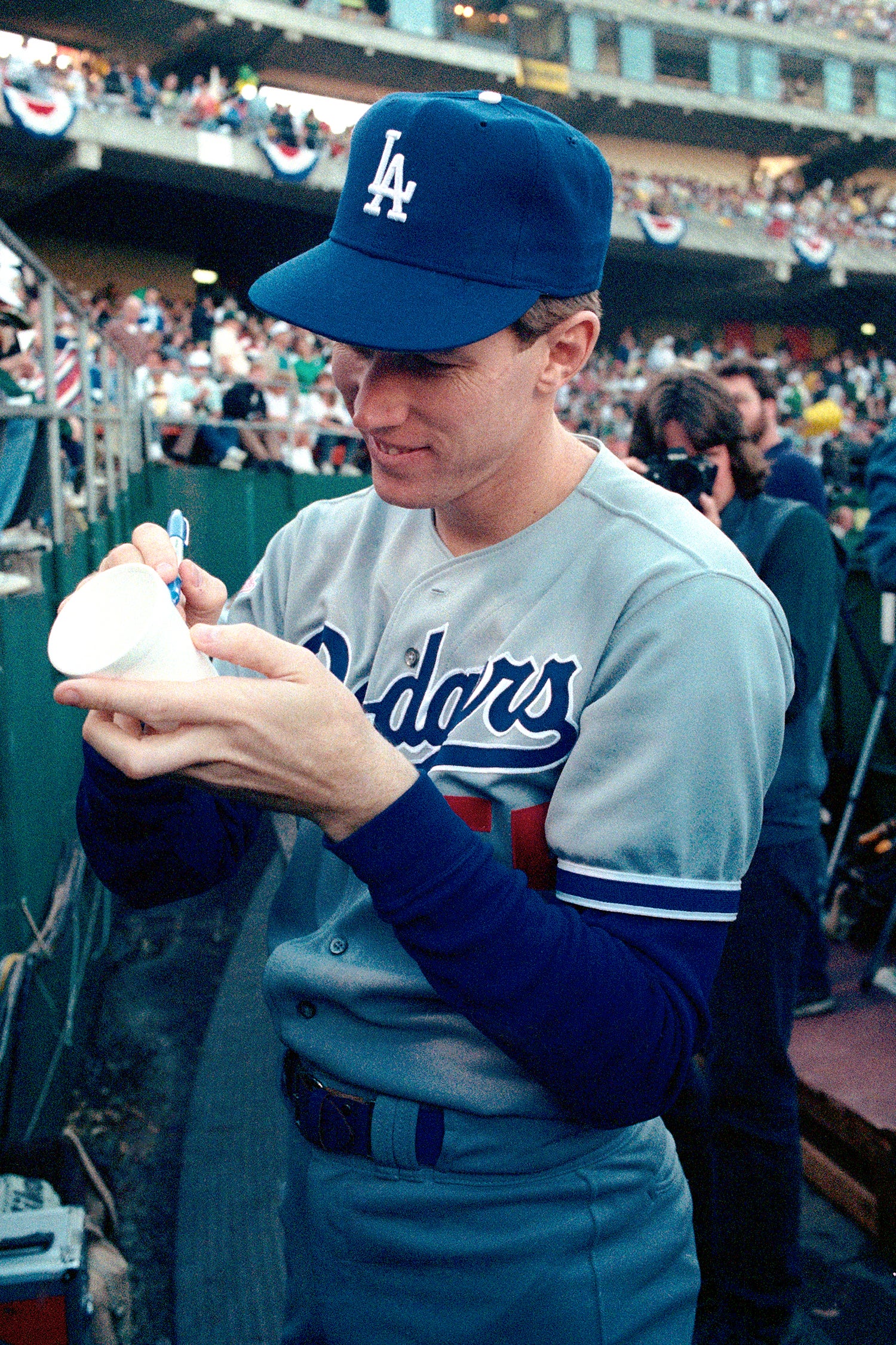
Orel Hershiser debuts on Today’s Game Era Hall of Fame ballot

Harold Baines debuts on Today’s Game Era ballot

Albert Belle’s numbers earn him a place on Today’s Game Era ballot

Thrill of Success: Will Clark debuts on Today’s Game ballot

Orel Hershiser debuts on Today’s Game Era Hall of Fame ballot
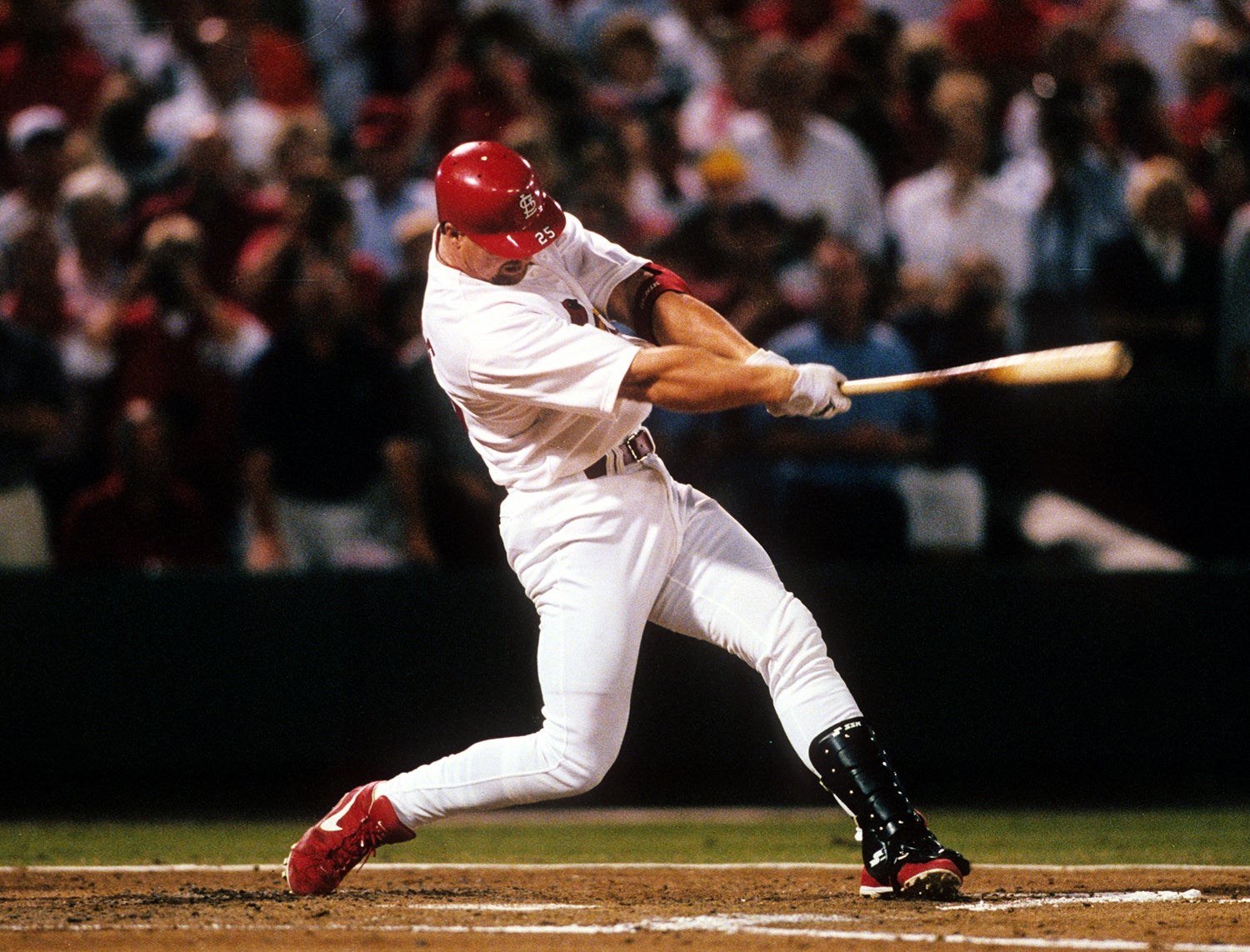
Mark McGwire to be considered by Today’s Game Era Committee
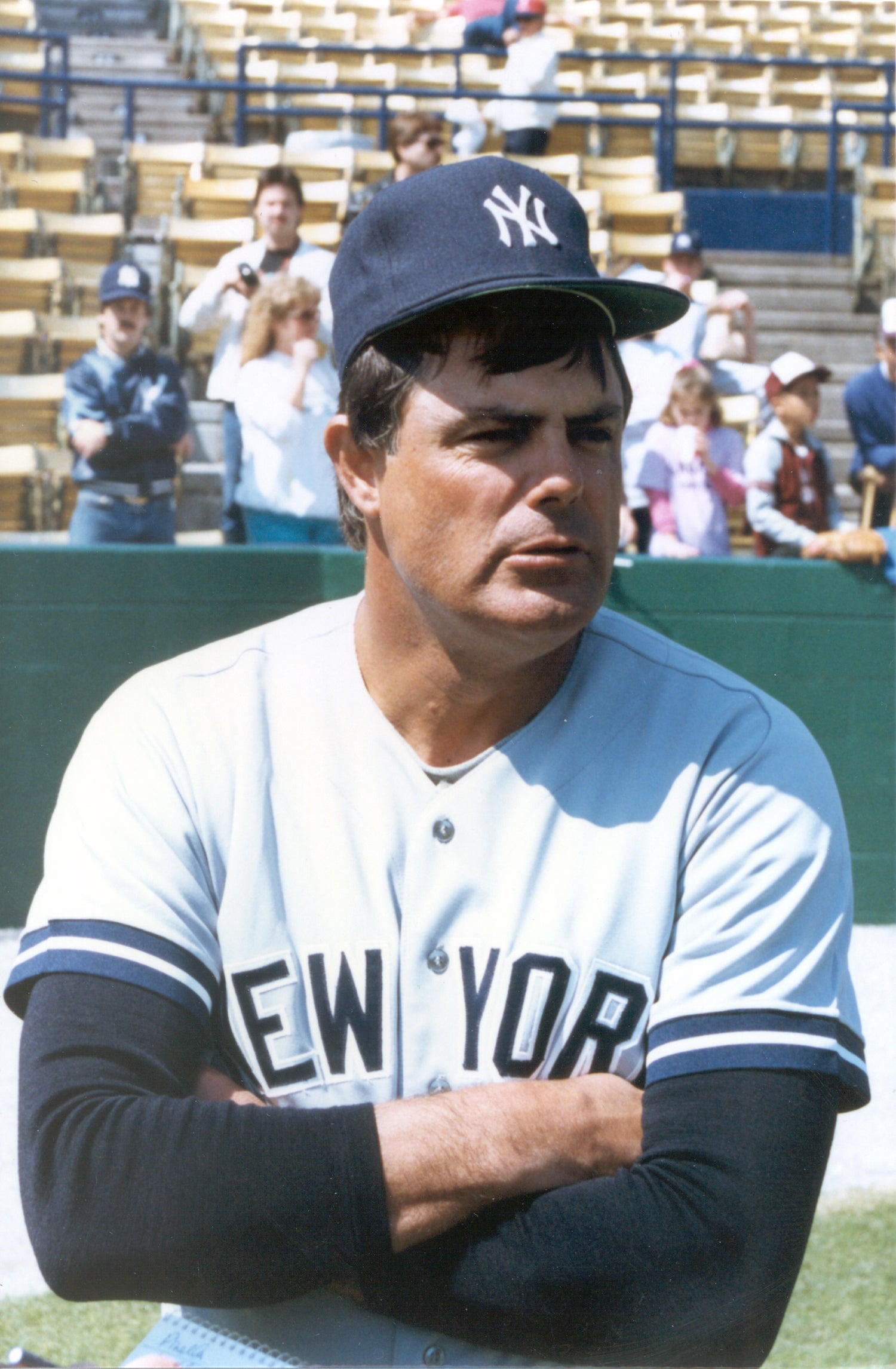
Lou Piniella’s baseball journey takes him to Cooperstown’s doorstep

King John Schuerholz
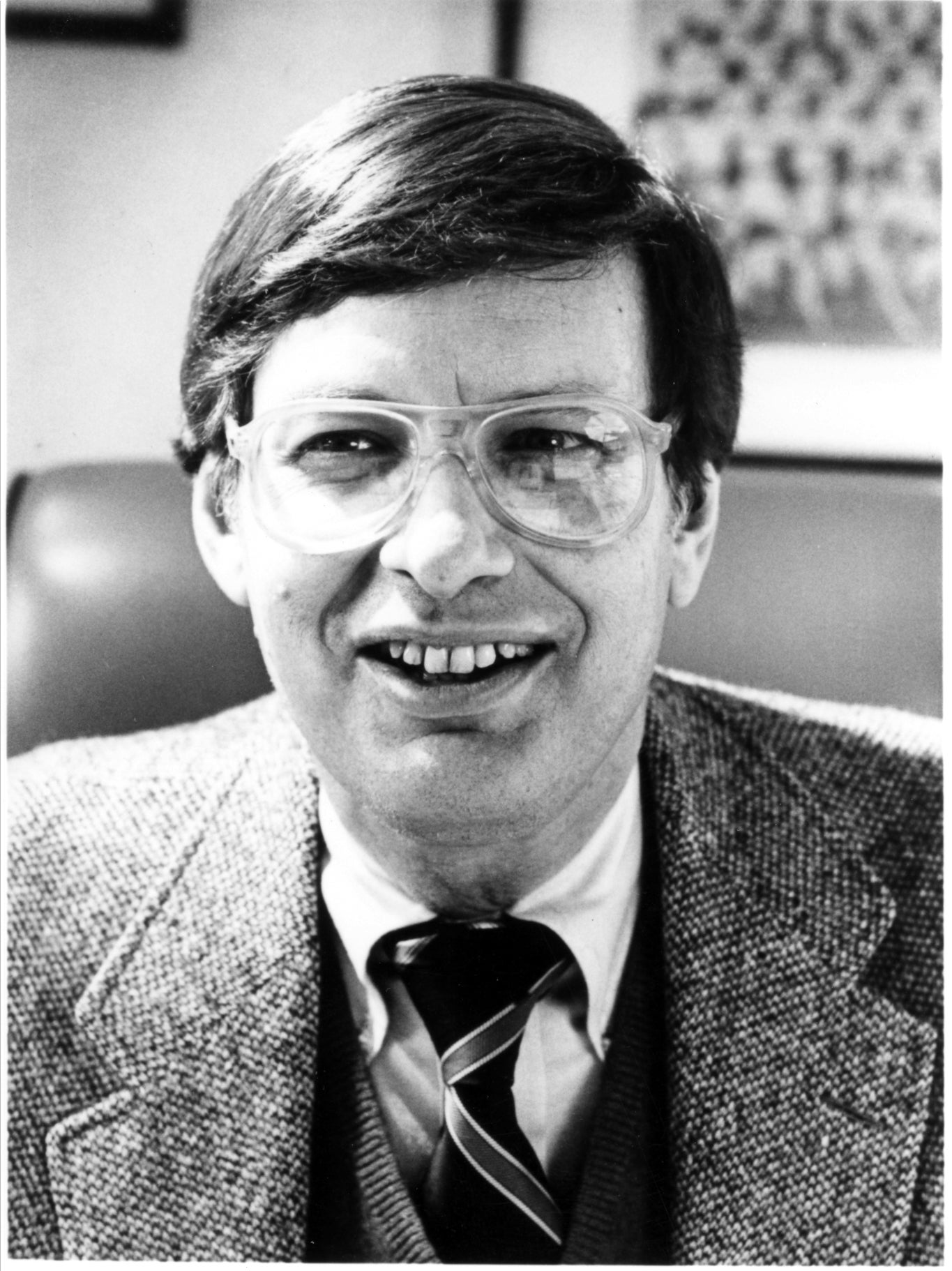
Bud Selig’s work as commissioner leads him to Cooperstown’s doorstep

Mark McGwire to be considered by Today’s Game Era Committee

Lou Piniella’s baseball journey takes him to Cooperstown’s doorstep

King John Schuerholz

Bud Selig’s work as commissioner leads him to Cooperstown’s doorstep
Related Stories
BA MSS 67, Folder 21, Corr_1957_1_11a
JOHN SCHUERHOLZ, BUD SELIG ELECTED TO NATIONAL BASEBALL HALL OF FAME BY TODAY’S GAME ERA COMMITTEE
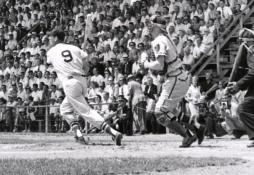
1955 Hall of Fame Game

New Hall of Fame plaque sculptor Tom Tsuchiya to debut in 2016
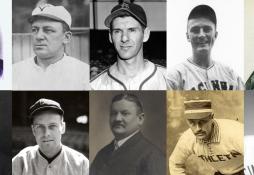
2016 Pre-Integration Committee Candidates

Mercado makes long-awaited trip to Cooperstown
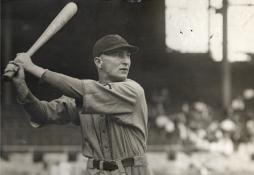
Paul Waner records six hits for Pirates

Dan Shaughnessy wins 2016 Spink Award
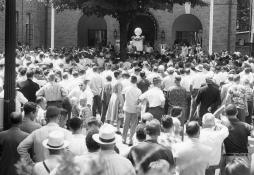
The Hall of Fame Class of 1953 featured eight electees

Inductions of Griffey, Piazza Highlight Hall of Fame Weekend 2016, July 22-25
Ten Named to Today’s Game Era Ballot for National Baseball Hall of Fame Consideration
01.01.2023

